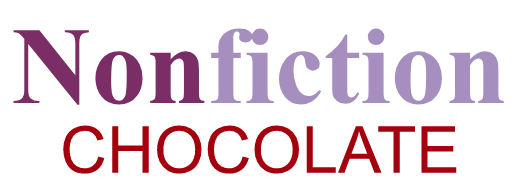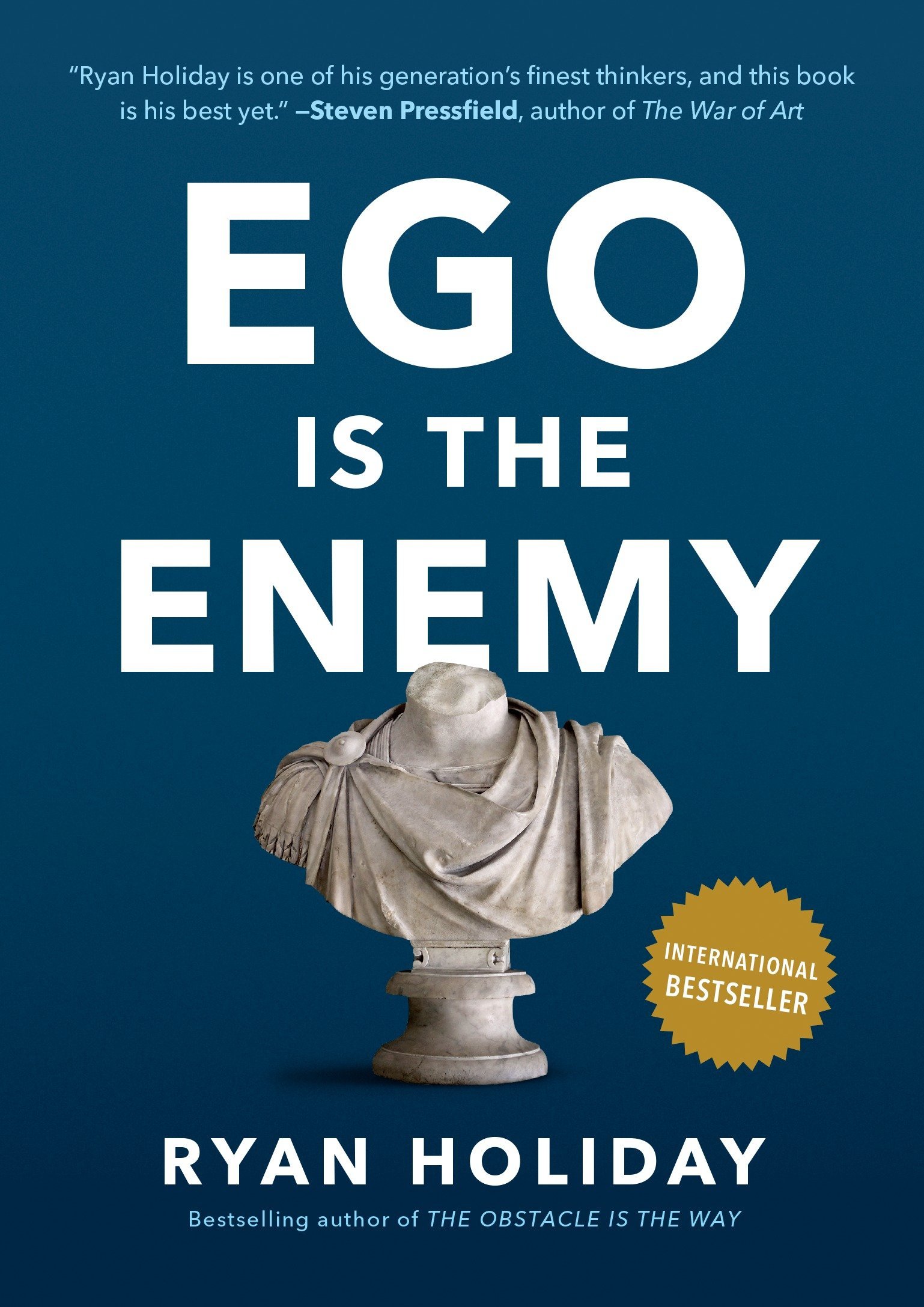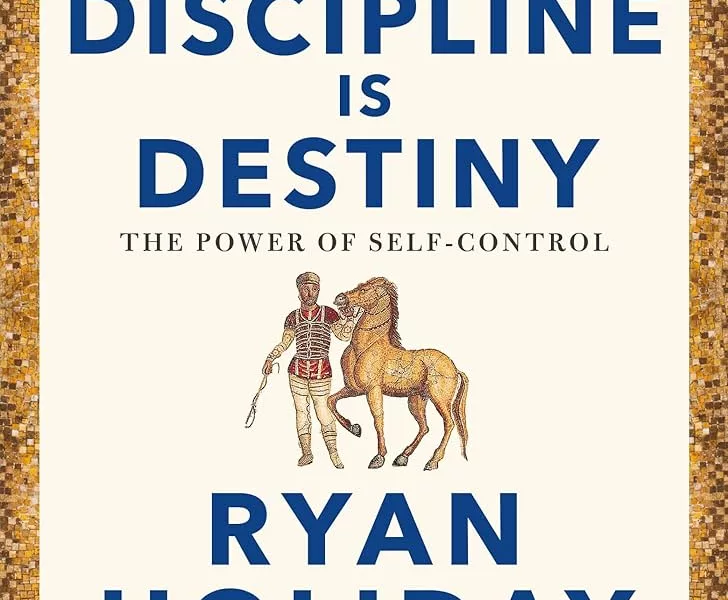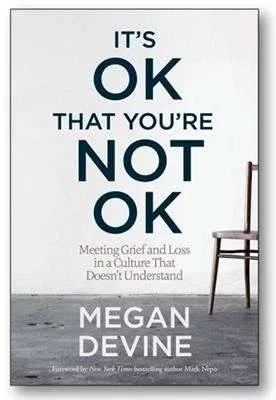Ego is the Enemy by Ryan Holiday is a great read for anyone looking to learn more about the Ego and how to live more peacefully. The concept of the Ego can be confusing but Holiday describes it simply as, “an unhealthy belief of our own importance.” This unhealthy belief hinders us from living peacefully by clouding our judgment and separating us from what’s truly happening.
Pairs With: Junior Mints and self-reflection
Overview
Ego is the Enemy by Ryan Holiday is a great read for anyone looking to learn more about the Ego and how to live more peacefully. The concept of the Ego can be confusing but Holiday describes it simply as, “an unhealthy belief of our own importance.” This unhealthy belief hinders us from living peacefully by clouding our judgment and separating us from what’s truly happening. Without throwing too much at the reader at once, Holiday has organized the book into three sections; Part I Aspire, Part II Success, and Part III Failure. Holiday proclaims that whether we are aspiring for something, have reached success, or have failed – Ego is the enemy in each phase. Similar to Holiday’s other works, he draws on historical examples to help illustrate his points and provides lessons within each chapter on how the Ego interferes with living a successful and pleasant life.
Part I Aspire
Don’t Be Passionate is a compelling chapter within Part I Aspire. Holiday flips the concept of passion on its head and points out that more often than not, things go wrong BECAUSE of passion. Typically we hear the advice of “follow your passion.” Or that the reason for someone’s success was, “I was passionate about this project” but in all reality, this can be faulty advice and an uncommon result. Holiday argues that passion will tell you to keep going when it’s entirely possible that the best thing to do is stop.
Instead of passion, Holiday recommends purpose. He explains that the work you “want to do will require your deliberations and consideration. Not passion. Not naiveté.” Holiday illustrates this point by writing, “Dogs, god bless them, are passionate” however, “they do not accomplish most of what they set out to do.” Most of the squirrels and birds getaway. However, dogs are lucky enough to have very short short-term memory so they continue to be passionate even though they might have better results if they were calculated.
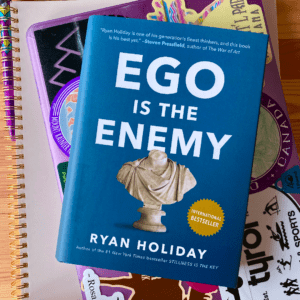
Part II Success
Always Stay a Student is a great chapter all of us nonfiction readers would love. Holiday states, “If you’re not still learning, you’re already dying.” He illustrates the importance of learning by recalling Genghis Khan’s conquering strategy. Khan was such a successful conqueror because he was able to put his Ego aside and learn from everyone and everything he encountered. He was self-aware enough to realize that he was not brilliant at everything. Therefore his strategy was to call the “smartest astrologers, scribes, doctors, thinkers, and advisors – anyone who could aid his troops and their efforts.” However, most of us become uncomfortable or even defensive when our intelligence is challenged. Our Ego makes sure we never feel stupid. But as Holiday puts it, “An amateur is defensive. The professor finds learning (and even, occasionally, being shown up) to be enjoyable; they like being challenged and humbled, and engage in education as an ongoing and endless process.”
Part III Failure
Within Part III Failure is another interesting chapter titled Draw the Line. This chapter is all about putting the shovel down when you’ve dug yourself a hole. If the Ego is involved, you’ll most likely keep digging thinking the work is somehow saving you. However, if you remove the Ego you see the failure as just a bump in the road and move on from it.
“Only Ego thinks embarrassment or failure are more than what they are.”
There are countless examples of egomaniacs that dug themselves a hole and kept digging. (Holiday provides John DeLorean and American Apparel’s CEO as two examples.) Holiday explains that when we lose we have a choice. We can have a lose-lose situation (keep digging) or we can lose and then win (stop and course-correct). Steve Jobs is a great example of someone who experienced a loss, recognized it, and then decided to win.
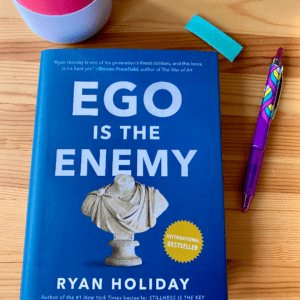
Conclusion
Ego is the Enemy is a great book because it takes the reader through many scenarios demonstrating how the Ego gets in the way of living a calm and successful life. At any point in time, all of us are either in the aspiring stage, success stage, or failure stage. No matter the stage, we can enjoy (or at least not make it worse) where we’re at and approach life from another, more grounded, perspective.
Stoic philosophy largely influenced this book and Holiday’s other writings. So don’t expect to find much advice encouraging you to put more energy or excitement into any situation. Stoic philosophy focuses on seeing events just as they are, without emotion, and then reacting accordingly. Setting your Ego aside is the first step.
Let us know! Have you read this one or something similar? What were your favorite parts?
P.S. If you liked this book, you may also like Stillness is the Key by Ryan Holiday 🙂
Thank you so much for supporting my blog! As an Amazon Associate, I earn from qualifying purchases.
